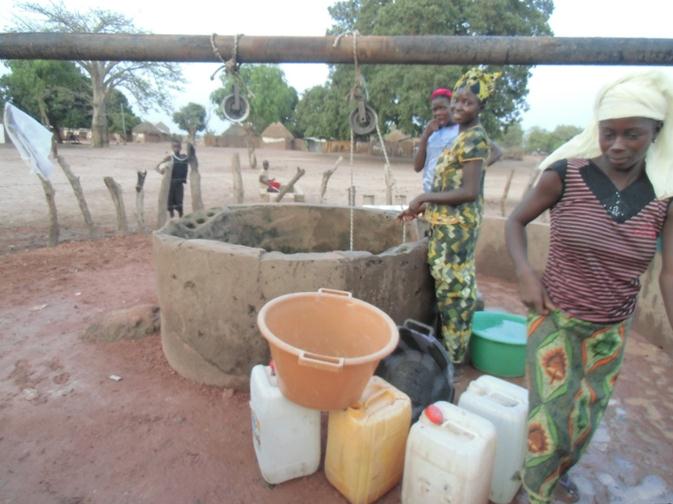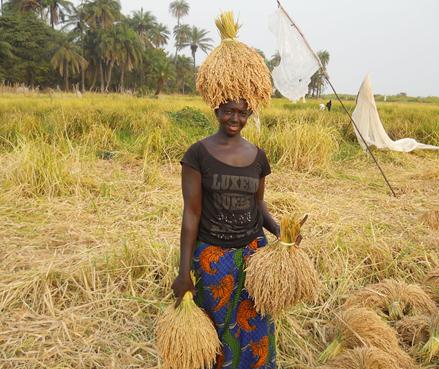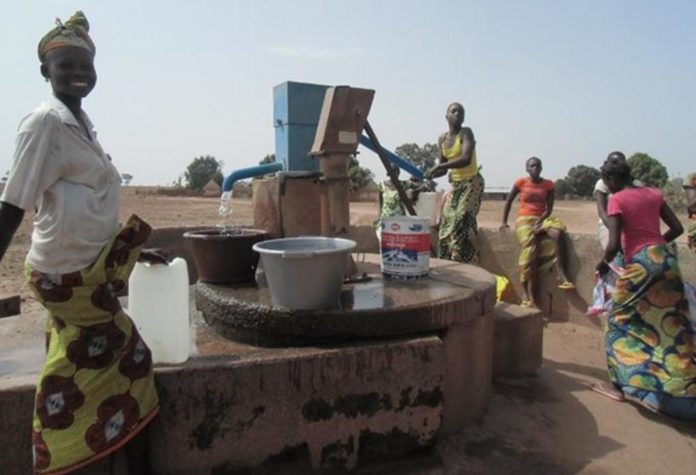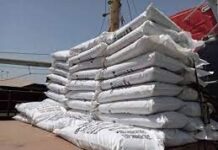This Column is meant to monitor and report on issues that concern the people of the rural communities in terms of how their development is hindered or facilitated. Rural development is a process that aims to improve the standard of living of people living in the rural communities.
 According to Robert chambers, rural development is a strategy that enables a specific group of people, poor rural women and men, gain for themselves and their children, more of what they want and need; that it involves helping the poorest among those who seek a livelihood in rural communities, to demand and control more of the benefits of rural development. This group include small scale farmers, tenants and the landless.
According to Robert chambers, rural development is a strategy that enables a specific group of people, poor rural women and men, gain for themselves and their children, more of what they want and need; that it involves helping the poorest among those who seek a livelihood in rural communities, to demand and control more of the benefits of rural development. This group include small scale farmers, tenants and the landless.
Thus, the term rural development may be used to imply any one of the above-mentioned connotations.
To avoid the ineffective floundering among the myriad definitions, we shall define rural development as a process, leading to sustainable improvement in the quality of life of rural people, especially the poor.
 According to Lamin Sambou Kinteh, for rural development to be meaningful and realizable, the trinity of development must be present such as electricity, water and rural infrastructural development (roads, industries, schools, health facilities etc.
According to Lamin Sambou Kinteh, for rural development to be meaningful and realizable, the trinity of development must be present such as electricity, water and rural infrastructural development (roads, industries, schools, health facilities etc.
Sixty-five percent of the population of the country are young people and those living in rural communitiess are the future of agriculture and rural industry, but often lack the guidance and support necessary, to fully contribute to the development of their communities. This fuels the vicious cycle of rural underdevelopment and poverty. Acknowledging and addressing their needs and aspirations is vital for local and national growth.
This is precisely the reason why in this edition, we will be publishing the views of young girls in rural communities, to showcase how drudgery, hinders their education.
It is an uncontestable fact that adequate and safe drinking water with a labor saving device as power source, is important for human health and well-being as well as economic production and sustainable development.
Hence, failure to ensure them, hinders the educational and economic empowerment of women and young girls, who are the major players in accessing and carrying water.
Aminata Njie is a young girl in Jokadou. She was met at their village well and told this reporter that she is in Grade Nine; that she could rate herself as an average student, based on her School report.
Aminata said drudgery due to the lack of income and labor saving devices, are stumbling blocks for the educational advancement of young girls in rural Gambia. According to her, the time and energy they spend in fetching water for family needs, the daily pounding and preparation of cereals for food, laundries, cooking and farm work, prevents them from attending regular classes; that they have no time for their books after their School hours.
Aminatta said if they are assisted with labor saving devices, young girls in the rural communities will excel in education; that even though there are other challenges hindering their educational performance like the lack of electricity, the greatest obstacle to their educational performance is the drudgery. The same views were share by Kaddy Ceesay, Fatou Boye and Kumba Camara, all of Jokadu village.





















